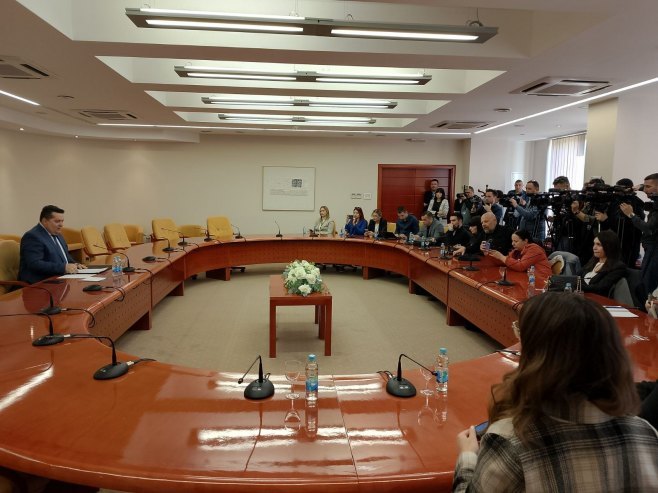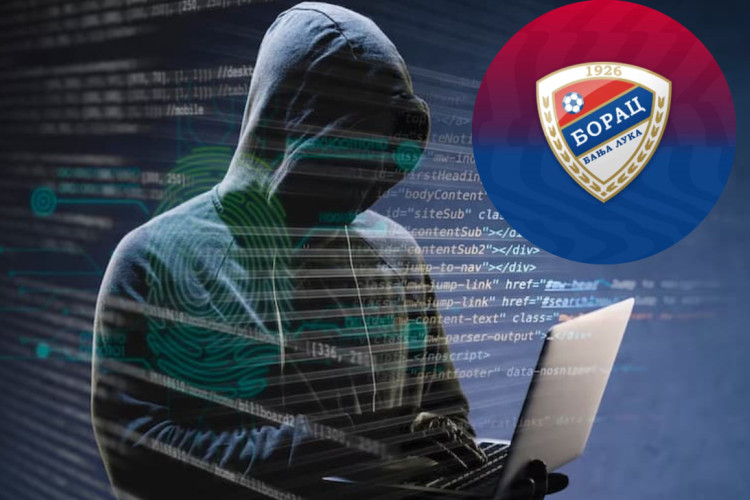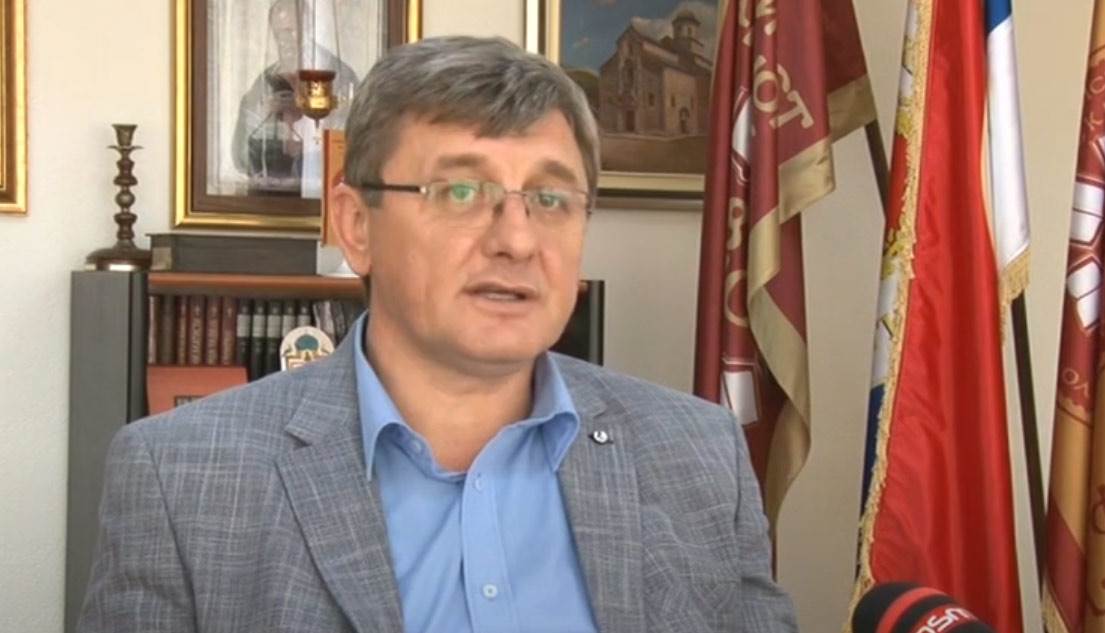Speaker of the National Assembly of Republika Srpska, Nenad Stevandić, stated that an “internal agreement, international arbitration, and the withdrawal of Christian Schmidt’s decision on amendments to the BiH Criminal Code” could lead to a reversal of certain previously adopted laws. He said this would be his proposal to the President of Republika Srpska—if these conditions are met.
Due to the constitutional crisis in BiH, triggered by Schmidt’s actions, Republika Srpska has initiated proceedings before the Permanent Court of Arbitration in The Hague, launching a request for arbitration.
By initiating arbitration proceedings, the field of conflict should be replaced by the field of law. The 2023 ruling of the BiH Constitutional Court, which effectively declared Schmidt a legislator—and even a constitutional authority—in BiH, is the key legal basis for this initiative. This process, Stevandić believes, could mark the end of the institution of the High Representative in BiH, the resolution of the current crisis, and the best possible way to prevent any future conflict.
“These three laws, currently disputed by the Prosecutor’s Office, I would be ready to ask Dodik and Višković—regardless of how difficult that may seem—for us to make a compromise regarding their repeal,” said Stevandić.
The initiative has been sent not only to the Federation of BiH but also to Serbia, Croatia, the U.S., Germany, France, and the United Kingdom, and is considered a crucial act by the National Assembly that could significantly de-escalate the current situation until the dispute is legally resolved.
“For now, this is a peace initiative intended to resolve our disagreements over the interpretation and implementation of the Dayton Peace Agreement through legal channels. The core of the issue is whether the High Representative in BiH can be someone not appointed by the UN Security Council. We claim he cannot. The Constitutional Court, interpreting the same text of Annex X, claims Schmidt is. That’s the legal dispute—between institutions of BiH and central authorities,” said Dragan Dakić, advisor to the President of the National Assembly of Republika Srpska.
In addition to this institutional initiative, Dakić had previously filed an individual complaint against Schmidt before the German Bundestag, more than a year ago. He recently received a response stating that no decision would be made on the request for now and that it would be forwarded to the new parliamentary composition.
“They were supposed to decide in three months. Due to the complexity of the case, I was in correspondence, and I was offered a compromise I did not accept because I insisted on a final decision. I argue that Schmidt has no legislative powers, that this is an abuse, and that all his actions—actions that have caused a deep crisis with escalation tendencies—must be attributed to the Federal Republic of Germany, since the only undisputed fact is that Schmidt is a German diplomat,” Dakić added.
Legal experts maintain that this German diplomat, who has claimed since August 2021 to be the High Representative—and recently, the Chairman of the PIC Steering Board—has violated the Dayton Peace Agreement and the Constitution of BiH with his actions.
“He has neither legal legitimacy nor legitimacy of appointment. He has no consent from the UN Security Council or from the signatories of Dayton. Everything he does must be considered null and void,” said legal expert Vitomir Popović.
According to Stevandić, Schmidt’s actions have pushed BiH from a political into a constitutional crisis, which has further evolved into a crisis of conflicting interpretations, media hysteria, and increased calls for conflict from within the Federation.
“I feel responsible for peace in BiH. I feel we must send a message to people in the Federation that they have gone too far and that they have been manipulated. No one should be so foolish as to believe someone can win here. One and a half million Bosniaks, just over a million Serbs, 400,000 Croats—there will be no winner. Everyone loses in a conflict,” said Stevandić.
He reiterated that officials in Republika Srpska are not fugitives within its territory and that they are protected persons who cannot be arrested, only kidnapped—which, he stressed, would constitute a criminal offense.
Source: RTRS









